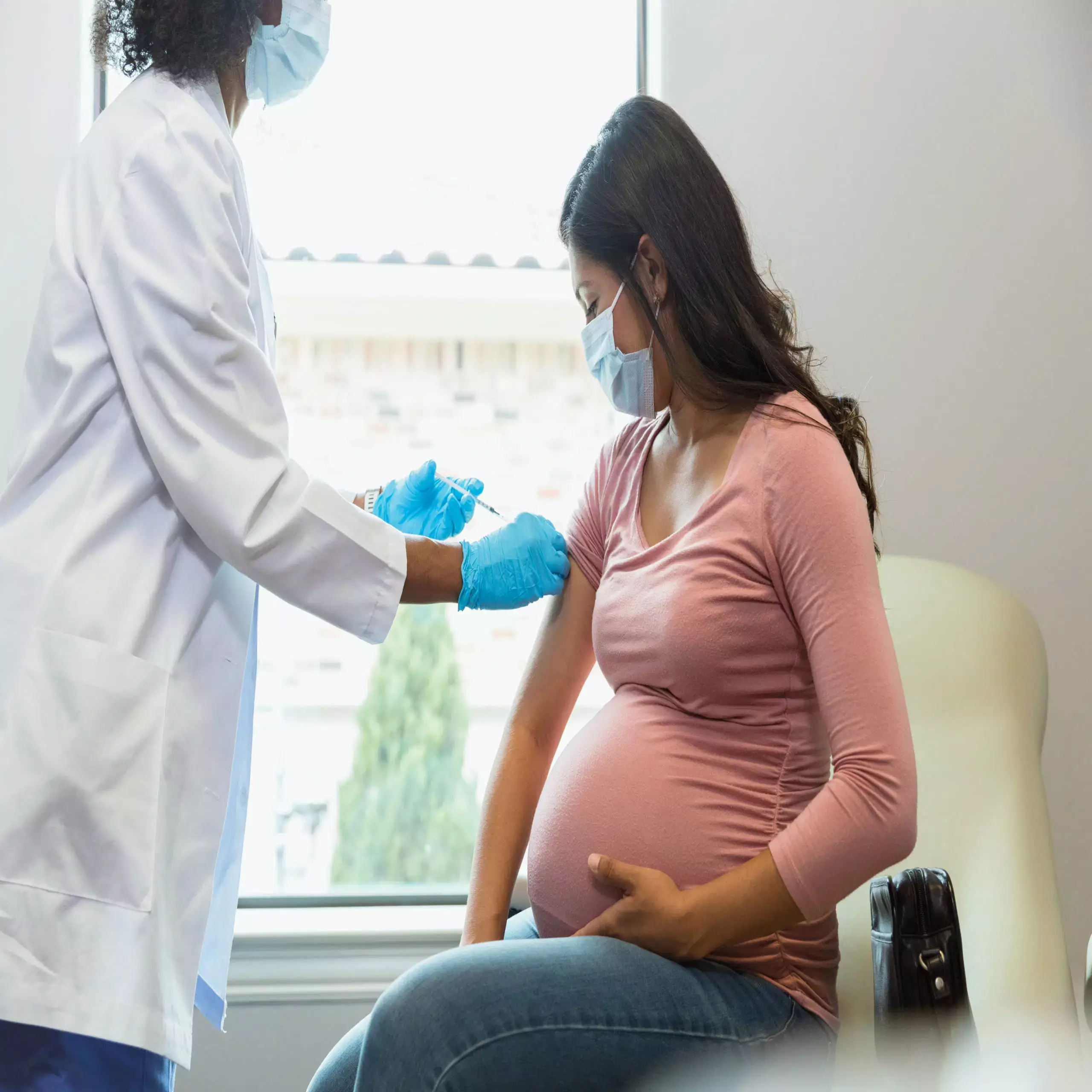As the world continues to grapple with the aftermath of the COVID-19 pandemic, it is imperative to recognize the unique challenges that pregnant women face during this tumultuous time. Pregnancy itself poses certain health risks, and the introduction of a novel virus only heightens concerns for both the mother and her unborn child. With COVID-19 vaccines readily available and free in the United States, expectant mothers now have a powerful tool at their disposal—not just for their own protection but for the health of their babies as well.
The Centers for Disease Control and Prevention (CDC) and the American College of Obstetricians and Gynecologists (ACOG) have consistently advocated for vaccination among pregnant individuals. It is not merely a recommendation but a crucial public health strategy aimed at reducing the risk of severe illness associated with COVID-19 in a population that is already classified as high-risk.
The Significance of Vaccination Timing
The efficiency of antibody transfer from mother to baby is significantly affected by the timing of the vaccine. New research has refined our understanding of this process, revealing that vaccinations administered between 20 and 32 weeks of gestation provide optimal conditions for the transplacental transfer of antibodies. This is a critical window; women who take their vaccines during this time frame often experience higher antibody levels in both maternal and umbilical cord blood at delivery.
A recent study published in The Journal of the American Medical Association (JAMA) highlights the advantages of timely vaccination. It showed that infants born to vaccinated mothers exhibited greater antibody retention at six months old compared to those born to unvaccinated mothers who had contracted the virus. This finding underscores the importance of completing the vaccination regimen well before childbirth to ensure robust protective measures for the newborn.
Understanding Antibody Levels for Enhanced Protection
The correlation between maternal vaccination and the subsequent health of the child cannot be overstated. New data indicate that infants born to mothers who had completed the full vaccination schedule during pregnancy are less likely to face severe health complications from COVID-19. This connection is crucial as newborns under six months of age are currently ineligible for vaccination themselves.
The CDC has recently reported that babies born to vaccinated mothers are 61% less likely to be hospitalized due to COVID-19 compared to their peers born to unvaccinated mothers. These statistics serve as a compelling motivator for all pregnant women to consider vaccination as an integral part of their prenatal care.
Full Vaccination vs. Booster Shots: What Matters Most
Completing a two-dose vaccine series remains the cornerstone of COVID protection for pregnant women. However, for those who were vaccinated before pregnancy, the timing of booster shots can further enhance antibody levels. Research suggests that individuals who receive a booster shot during the optimal 20-32 weeks gestation window can achieve the highest levels of protective antibodies for their newborns.
Interestingly, new studies indicate that previous COVID-19 infections can complement vaccination efforts. Mothers who were previously infected with the virus and later received the vaccine during early pregnancy demonstrated comparable antibody levels to those who remained uninfected but got vaccinated in the third trimester. This interplay between natural immunity and vaccine-induced immunity can offer additional layers of protection for the newborn.
The Urgent Need for Education and Outreach
Despite the compelling evidence supporting vaccination, it is disheartening to note that only 67% of pregnant individuals in the United States have received the COVID vaccine. It is essential that healthcare providers actively engage in dialogue with their patients, educating them about the benefits of vaccination. Many women may still harbor concerns or misconceptions about the safety of receiving the vaccine during pregnancy, which must be addressed with factual, empathetic communication.
Public health campaigns should prioritize outreach to pregnant women, emphasizing the dual protection that vaccination offers both mothers and infants. Information must be readily available and easily understood to alleviate fears and encourage informed decision-making.
A Collective Responsibility for Health
The implications of vaccinating pregnant women extend beyond individual health—it is a public health imperative. By empowering mothers-to-be with the knowledge and resources needed to make informed vaccine choices, we can collectively contribute to a healthier future for the next generation. Protecting vulnerable populations not only safeguards the health of mothers and infants but also works towards ending the pandemic for everyone. With ongoing vaccine accessibility, it is heartening to know that we have the means to secure brighter, healthier tomorrows for our families.

